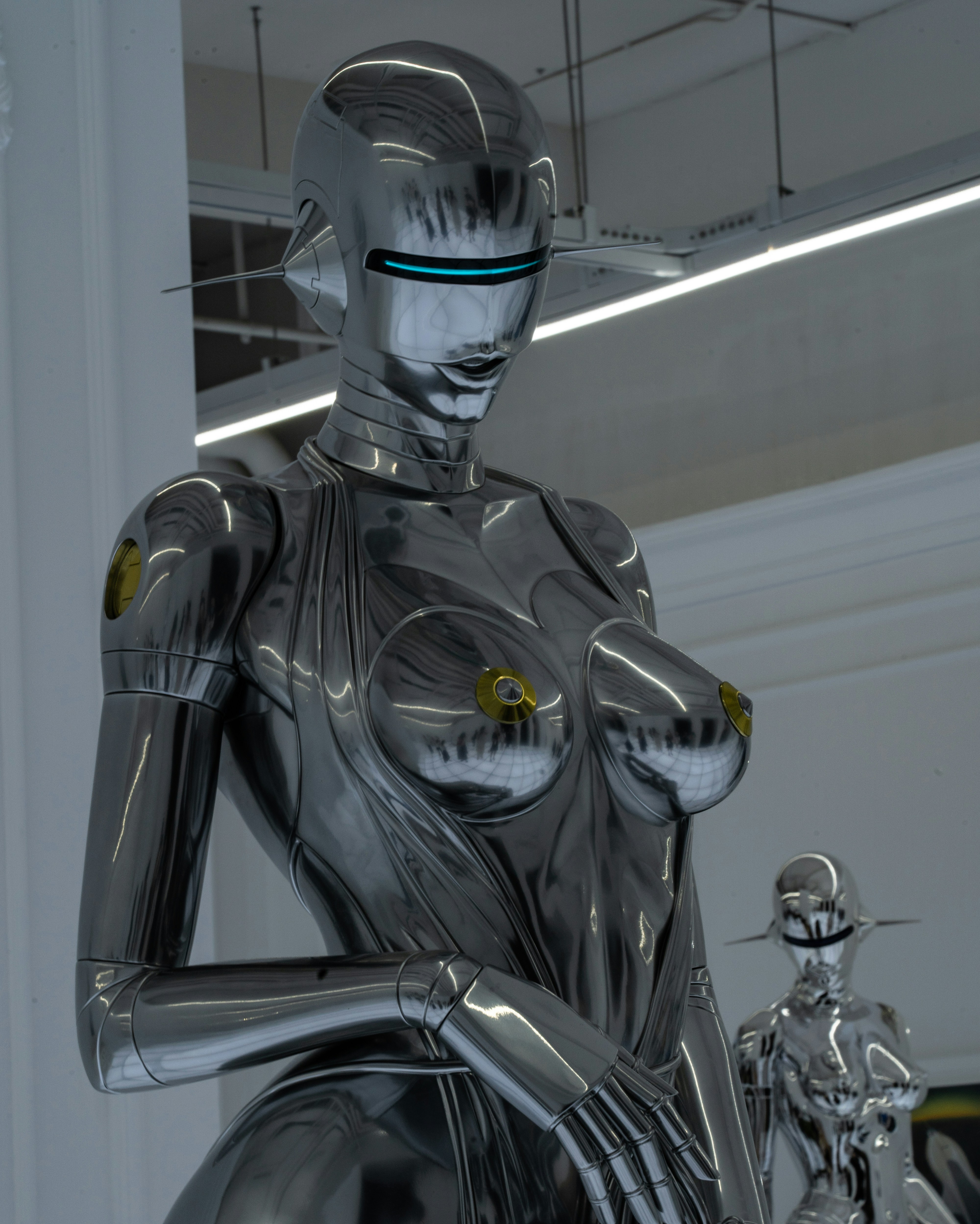It used to be a film cliché. Robots moving through our streets, blending into the flow of daily life, sometimes helpful, sometimes threatening. You’d watch iRobot or Ex Machina and leave the cinema thinking: “Yes, but that’s still years away.”
Except now it isn’t. South Korea has rewritten its laws so robots can legally share the pavement with humans. Not pilot trials tucked away in labs, actual legislation. Certified machines under 500 kilos and capped at 15 km/h now have the same status as pedestrians. They’re expected to stop at crossings, avoid obstacles, and carry insurance in case they plough into a flower stall or clip a pensioner’s ankle.
This isn’t theory. Fourteen companies already have robots in the sandbox, from delivery units to patrol machines. Some are already queuing up for certification. Seoul and Busan may soon see robots jostling with prams, bicycles, and people staring at their phones.
On paper, it looks tidy: safety tests, traffic awareness, insurance. In reality, it’s the start of something bigger. South Korea hasn’t just allowed robots into public life, it’s given them a legal identity. Pedestrians.
Asimov would have smiled. His Three Laws of Robotics were supposed to keep humanity safe: don’t harm humans, obey orders, protect yourself. South Korea has added a fourth: don’t exceed jogging speed and remember to buy insurance.
The cultural context matters. This is a country that adopts automation fast, where delivery culture already borders on sci-fi efficiency, and where people barely blink when new tech shows up at the door. The chances of these robots being quietly absorbed into daily life are high. And that’s what should give you pause.
Because it’s not the uprising you need to worry about. It’s the normalisation. The moment you stop noticing that you’re sharing the pavement with machines. They won’t quote Asimov back at you. They’ll just glide past carrying take-out, beep politely at the crossing, and remind you that the future doesn’t announce itself with dramatic soundtracks. It arrives with hazard lights and public liability cover. But hey, at least your food won’t get tasted on route to your house!

